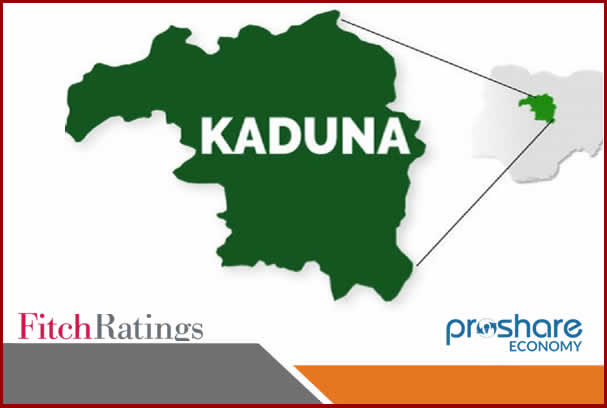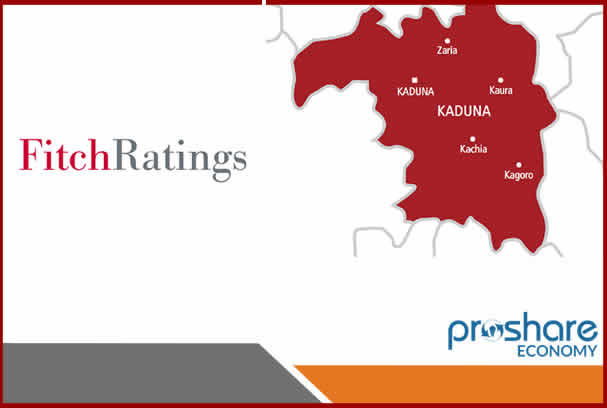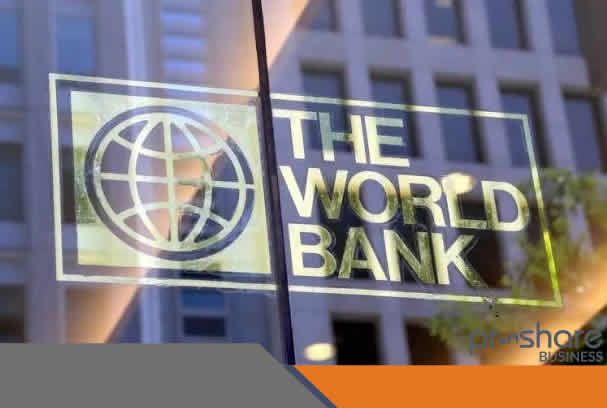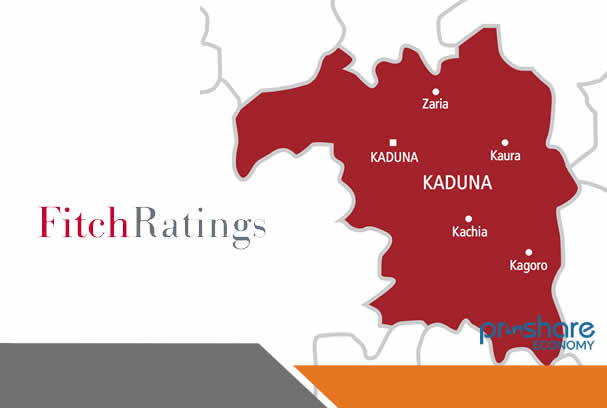Moody's Investors Service ("Moody's") has downgraded the Bank of Industry's long-term issuer ratings and long-term corporate family rating to Caa1 from B3, as well as its Baseline Credit Assessment to caa1 from b3. At the same time, Moody's has also downgraded the Bank of Industry's long-term national scale issuer ratings to Baa3.ng from A3.ng, and its short-term national scale issuer ratings to NG-3 from NG-2. Moody's has affirmed the Bank of Industry's short-term issuer ratings at Not Prime. Finally, Moody's has changed the entity outlook for the Bank of Industry to stable.
As part of the same rating action, Moody's has downgraded BOI Finance B.V.'s senior secured rating to Caa1 from B3. Moody's has also changed the entity outlook for BOI Finance B.V. to stable.
This action concludes the review initiated on 25 October 2022.
This rating action follows Moody's downgrade on 27 January 2023 of the long-term issuer rating of the Government of Nigeria to Caa1 from B3 and change in the outlook to stable. Please see "Moody's downgrades Nigeria's ratings to Caa1 with a stable outlook, concluding its review";
Ratings Rationale
Downgrade of Long-Term Ratings Reflects Interlinkages Between the Sovereign and Bank of Industry
Moody's downgrade of the long-term ratings of the Bank of Industry reflects the high interlinkages between the sovereign's weakened creditworthiness (as indicated by the downgrade of the sovereign rating to Caa1 from B3) and the Bank of Industry's balance sheet. Bank of Industry has significant direct and indirect exposure to the Nigerian sovereign, as indicated by the fact that the entirety of its assets are located in Nigeria, and the fact that debt securities issued by the Central Bank of Nigeria (CBN) (open market operations bills, or OMO) accounted for 44% of the bank's assets as of December 2021. The CBN is also the sole counterparty for the Bank of Industry's sizeable foreign currency swaps, which is the main source through which the bank can meet its foreign currency liabilities.
The downgrade of the rating of the Government of Nigeria reflects Moody's expectation that the government's fiscal and debt position will continue to deteriorate. The government faces wide-ranging fiscal pressure while its capacity to respond to these challenges remains constrained by Nigeria's long-standing institutional weaknesses and social challenges.
Stable Outlook Reflects the Stable Outlook on The Sovereign Rating
Bank of Industry's stable outlook is driven by the change in the sovereign rating outlook to stable and reflects the fact that its ratings are effectively constrained at the level of Nigeria's sovereign ratings. Moody's also expects Bank of Industry's financial performance and key financial metrics to remain resilient, despite the challenging operating conditions.
Factors That Could Lead to an Upgrade or Downgrade of the Ratings
Bank of Industry's ratings could be downgraded if there was (1) a deterioration in the sovereign's credit profile, as would be indicated by a downgrade in the sovereign rating; and/or (2) a significant deterioration in its capitalisation and asset quality.
The ratings could be upgraded if there was a material strengthening of the operating environment and the government's credit profile.
 Lagos, NG • GMT +1
Lagos, NG • GMT +1











 429 views
429 views

















 Sponsored Ad
Sponsored Ad
 Advertise with Us
Advertise with Us









